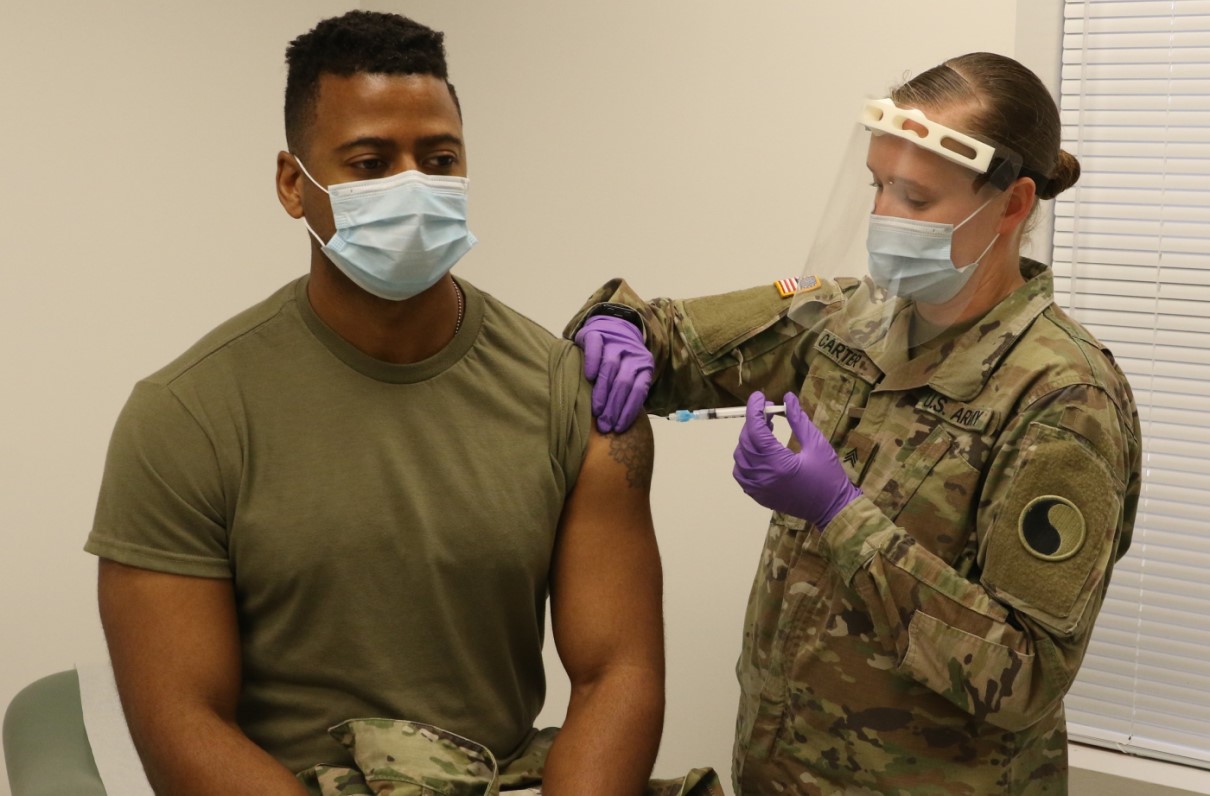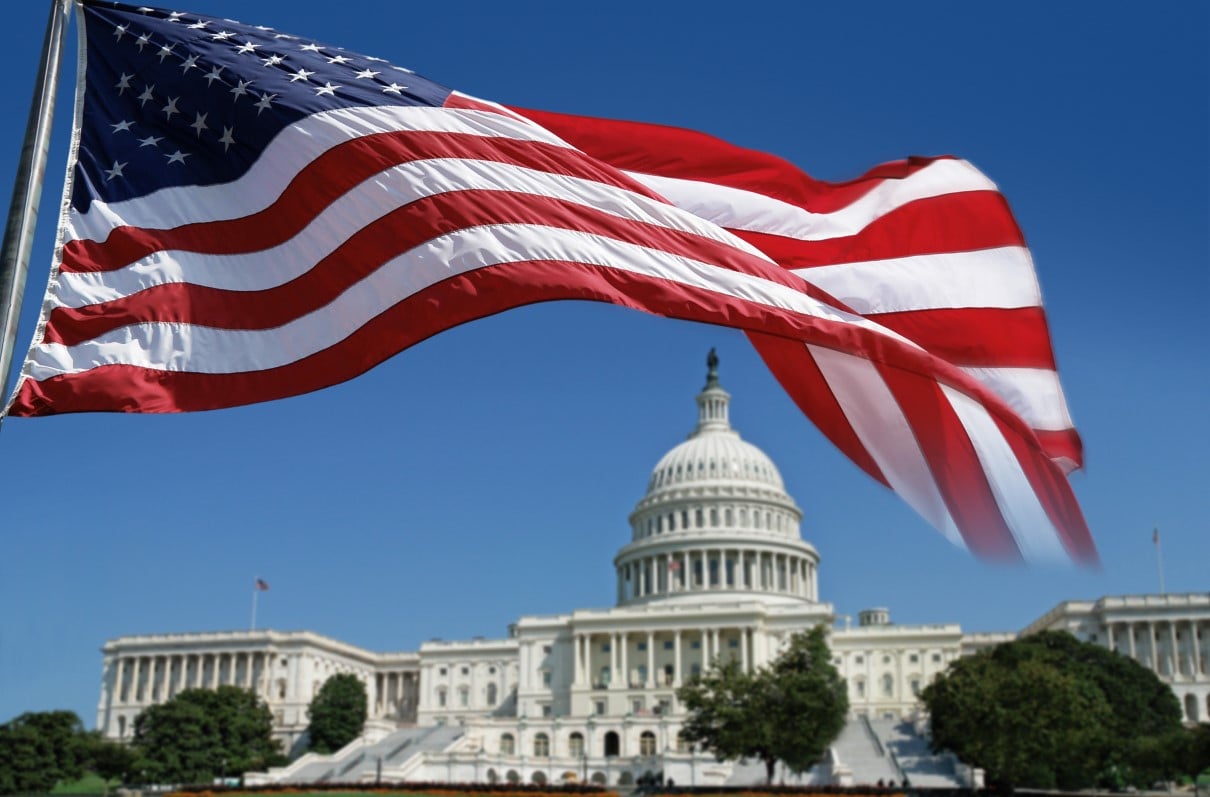After a presidential veto and a congressional override, the FY 2021 National Defense Authorization Act (NDAA) finally became law in the closing days of the 116th Congress. The massive new law contains numerous provisions to support the reserve component, many of which MOAA advocated for alongside our partners in The Military Coalition – a consortium of military and veterans service organizations representing a combined 5.5 million-plus membership.
Big wins were achieved when it comes to pay parity, mental health support, and COVID-19 pandemic support. Here’s an overview of what made it into the NDAA.
Hazardous Duty Incentive Pay (HDIP) Parity
The law requires HDIP to be paid in monthly allotments, eliminating the prorated payments servicemembers with proficiencies like aircrew, those receiving jump pay, and others receive. Under the previous law, Guardsmen or Reservists who maintained proficiency only received 1/30th the pay of their active-duty counterparts.
What remains to be seen is where DoD will set the monthly rate for the reserve component. Read more on this issue at this link.
More COVID-19 Support
The reserve component has been essential to our nation’s response to the pandemic, from providing initial state-level responses to being included in vaccine distribution. Despite their commitment, there were shortfalls in how our nation supported them.
The FY 2021 NDAA allows reserve component members to receive quarantine lodging if they perform certain duties in response to the pandemic. In addition to quarantine support, servicemembers can receive drill or training credit if these activities were canceled for pandemic-related reasons.
Better Transitional Health Care
Along with other COVID-19 measures, transitional health benefits for certain members of the National Guard serving under orders in response to COVID-19 were included.
The law extends Transitional Assistance Management Program (TAMP) benefits (180 days premium-free TRICARE) to National Guard members activated in response to COVID-19.
Improved Mental Health Care
The NDAA bolsters mental health support for Guard and Reserve members, recognizing the unique challenges of this type of service.
Suicide prevention and resilience programs from the FY 2020 NDAA were made permanent. Additionally, reserve component members will be able to receive mental health care from the VA. The increased access ensures more options for those in need.
Maternity Leave Credit
Reserve component members on maternity leave will receive some base pay and not miss out on retirement credit. The new law allows servicemembers to receive up to 12 points of retirement credit and accompanying base pay for their drill days.
[RELATED: New Law Includes MOAA-Backed Protections for Your Military Health Care]
While many important provisions made it into the final bill, there are still issues to be addressed.
Space Force Reserve: The NDAA puts the creation of a Space Force Reserve or National Guard element on hold until a study is conducted. DoD is required to submit a report by March 31 on what the organization of a Space Force reserve component would like and how it would be implemented.
DD-214 Clarification: While the FY 2020 NDAA asked DoD to implement a standard record of service for the reserve component – an item of interest to MOAA – clarity was needed and requested in the House’s version. That language didn’t make the final FY 2021 law, but accompanying report language noted an expected 2021 release of the new form and that Congress will “remain open to future legislation if needed to ensure members of the reserve components have accurate and up-to-date records of their military service.” While not being enacted into law, this report shows the recognition of the reserve component remains an important issue.
The FY 2021 NDAA offers many significant improvements for the reserve component, along with active component servicemembers, veterans, and military families. These improvements cap off a turbulent year for our reserve component and nation.
MOAA Knows Why You Serve
We understand the needs and concerns of military families – and we’re here to help you meet life’s challenges along the way. Join MOAA now and get the support you need.



